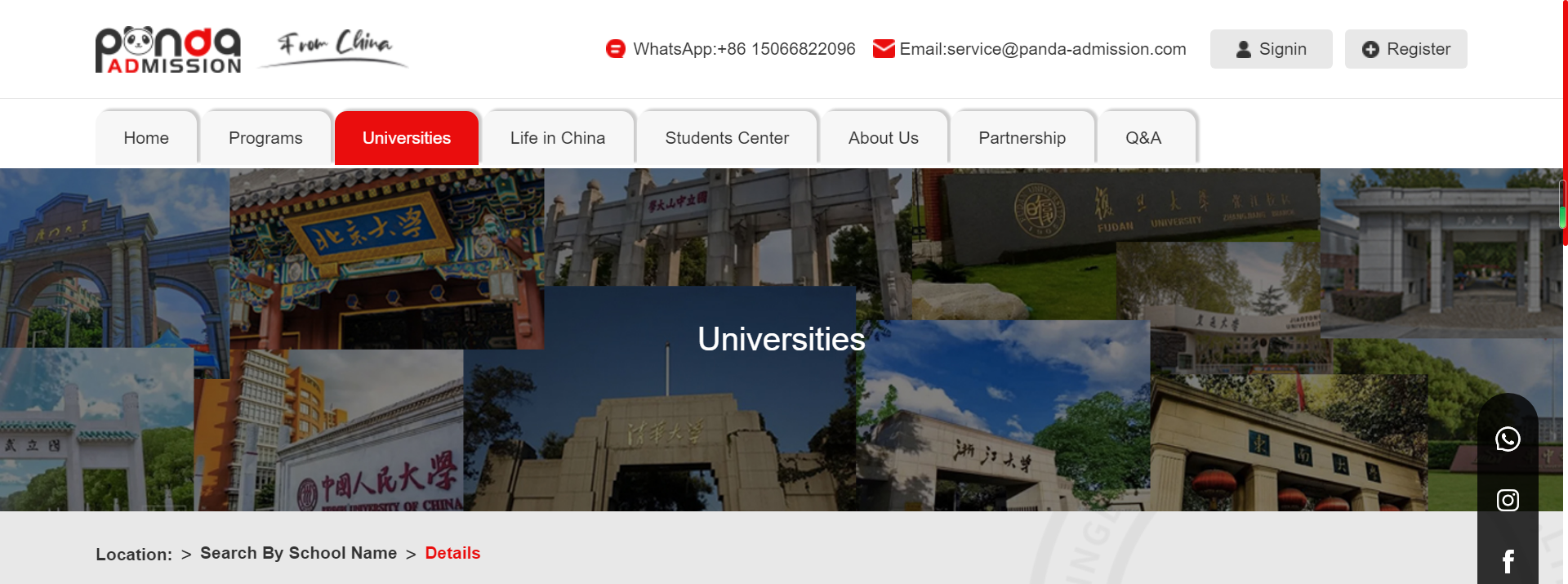Even in Shanghai a hustling bustling metropolis and the financial capital of China, we get to see a varied linguistic ecosystem. Even though it exists in an area that has historically been kind of mashed together by different Chinese languages, the main language is Mandarin. For context, Mandarin (more often called Putonghua) is a standard state language of China, used as a main means of education, media and government. In a city as cosmopolitan Shanghai, this is used as a common language.
Shanghai is Mandarin-dominated
Shanghai is a city that speaks Mandarin for a reason. The rising usage of Mandarin is due to educational reforms aimed at accelerating the adoption of the language for the sake of national unity and government policies intended to (comparable with other parts of northern China): The promotion of Mandarin has been gradually implemented over the decades in Malaysia. Additionally, more than 90 percent of the city's population is fluent in Mandarin, according to a survey conducted in 2020, which attests its widespread use and acceptance for daily communication and business and administration.

Shanghainese-shang/src: Shanghai's linguistic heritage
Although Mandarin is the most widely spoken language, many locals have a soft spot for their local dialect Wu (which Shanghainese is a subcategory of). Shanghainese: Spoken by about 14 million people mostly living in Shanghai and its vicinity. However, many began to see Shanghainese fading from official use and among the young as increased pressure for Mandarin at school and work swept across the country.
The Effects of Globalization on Language Patterns
The economics of becoming a major international player play a big role in the language dynamics at play in Shanghai as well. There has been growing English proficiency amongst the younger population and business professionals. Shanghai's role as a global business springboard and its English-centric curriculum are behind the trend. In such premier institutions as Hubei University of Technology students are trained to improve the knowledge, both linguistic and cultural, in order to make them competitive in a ever-increasing global world ( Hubei University of Technology).
Language policies and horizon trends
Despite this, the Chinese government continues to place great emphasis on standard Mandarin in order to provide coherence and communication efficiency throughout its vast population. Even so, there is a slow but noticeable change in attitudes towards preserving local dialects such as Shanghainese. There are some efforts to preserve this linguistic heritage alongside with Mandarin's ubiquity through initiatives in education and cultural preservation.
In conclusion, Shanghai is first and foremost in terms of language status Mandarin, but the lingua-cultural patterns that you find here are much more nuanced as a result of Shanghai's unique historical and social fabric. The national language policy and the local linguistic identity are still at odds here, since operating in Sinhala helps to maintain a claim on a tradition while adherence on an English model will pave the road to international recognition.